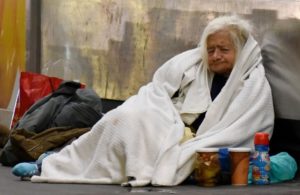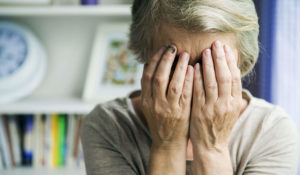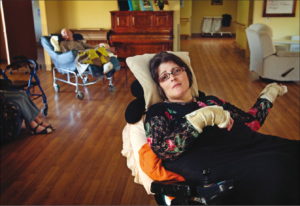What characterises an older Australian?
People over the age of 55 are considered “older.” Although a person in their mid-fifties is not considered elderly, the cumulative effect of homelessness, poverty, and disadvantage has a significant impact. According to research, by the time homeless people reach their fifties, they may have the same health issues as someone in their eighties as a result of premature ageing.

How do elderly people end up homeless?
Understanding the causes of homelessness among the elderly is a critical step toward ensuring that older men and women have stable housing and can age with dignity and respect. Here are three factors that can contribute to older people becoming homeless:
1. Financial insecurity

Although some older Australians live off a healthy savings amount, an emerging group of older Australians faces financial insecurity when they reach retirement age. Pensions or government allowances are the primary source of income for approximately 57% of Australia’s retired population.
A person’s financial insecurity can be caused by a variety of factors. These elements are usually beyond a person’s control:
2. Abuse of the elderly

Elder abuse is a type of domestic and family violence that is one of Australia’s leading causes of homelessness. Elder abuse can take many forms, including physical, financial, emotional, and sexual abuse. It is also considered elder abuse when caregivers neglect or fail to provide necessities to elderly people.
Many people rely on family members or other close relatives to make decisions as they get older. Older people can be coerced into making poor decisions about their property, wealth, health, and well-being, putting them at risk of homelessness.
Without the proper information, support networks, and care, older people may make decisions that are harmful or disadvantageous to themselves.
3. Illness or disability

Disabilities, mental illnesses, and physical and cognitive challenges become more common as people get older.
Changes in physical and mental health can impact many older people’s ability to live independently as well as their access to affordable housing.

